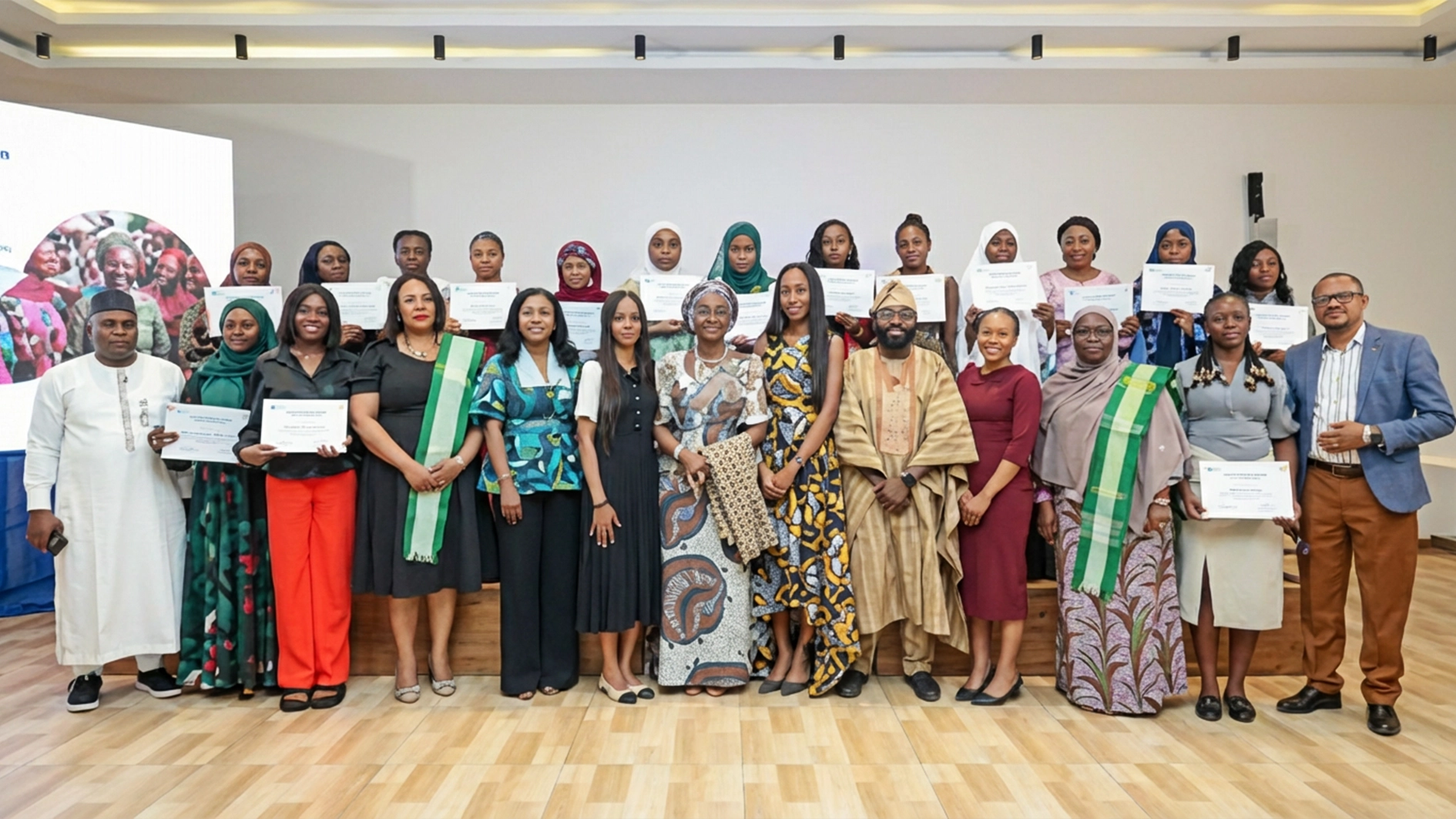
As the agitations for the need to restructure Nigeria to true federalism continued unabated, renowned academicians including Professor Browne Onuoha, the head of department, Political Science, University of Lagos; Dr. Adelaja Odukoya, a senior lecturer from same institution and department; and Dr. Ona Ekhomu, a renowned security expert have acquiesced that the nation’s present federalism was not only defective but retrogressive.
However, while Onuoha and Odukoya faulted the present structure, Ekhomu said there was nothing wrong with the present federalism but those operating it.
According to Prof. Onuoha, “We are not practicing federalism in Nigeria because the beginning of our federalism between 1951 and 1954 was not even federalism. In any true federal states, the units would have autonomy. They would now sit and agree to surrender some aspect of their sovereignty to a central government for some common interest. For every federation that has succeeded, units that were autonomous would now discuss surrendering their sovereignty to a central body but in the case of Nigeria, there was a colonial master that has central authority.
So, it was now the centre discussing how it will dispense powers to units. From the beginning, the issue of federalism became a very funny arrangement, which became worsened by the military.”
Besides, Onuoha noted that leadership problem has always been a bane of Nigerian federalism, saying: “The challenging failure of the Nigerian federalism was leadership crisis. For every federal state, no matter how constructed, leadership is critical to making it work.”
He said: “Leadership is not one person but we have cadre in all the units that make up the federation who will now be disposed to have the political will to do those things that are required in a federal state. We don’t have that in Nigeria.”
The university don lamented that what further worsened Nigeria’s case was the 35 years of military incursion into the polity. “I am of the opinion that if civilians have been in control of political powers all the years of military incursion, the country would have been better and made more federal character like, than the military.”
He said the 1999 Constitution, which the country operated was dictated by the military and not the people’s constitution.
According to him, “Military created local government and put them in the constitution but the federal Government has no business to create local government in a federation.
“A federation where the Federal Government is in charge of vehicle license is laughable. Nigerian federation cannot work once we are operating in this manner. We are operating a centralised government and not a federation.”
He dismissed the current practice where the Federal Government is giving bailout funds to states “as a joke. Instead the states should be allowed the free hand to operate. For federal system to be effective in Nigeria, the federation should be restructured.”
Ekhomu, who posited that Nigeria has no true federalism argued: “Governments all over the world, including Nigeria operate cooperative federalism. However due to half-baked education of some members of our political class, bad education of the citizenry and widespread ignorance, some Nigerian politicians who want more powers for themselves, particularly police powers or coercive powers, will tell you that the reason all is not well with Nigeria is because we don’t have true federalism”.
While he agreed there was nothing wrong with our federalism, Ekhomu said, “The problem is with the operators of our national and state governments. The litmus test of Nigerian federalism is that once there is flooding in the Niger Delta or insurgency in the Northeast, there is issue when there is no crisis, the states want to exert states rights.”
He added there was patent lack of competent governance in the states, so the national government has had to take over the responsibilities of the states “The 1999 Constitution gives enormous powers to the national government. However, even most of the powers delegated to the states are not exercised responsibly by most of the states,” he said.
The security expert however, suggested Nigeria should focus on the purpose of politics, which is to get power in order to serve the people, saying: “Politics is not about confronting the Federal government. It is not about balance of power between the national and state governments. It is about service. The National Democratic Institute should organise classes for Nigerian politicians about democratic principles. Politicians who do not pass the exam should be suspended from office until they pass. We must defend our democracy from ignorance and lack of vision. Our politicians must be taught the principles of Federalism.”
Odukoya, on his part said Nigeria’s idea of true federalism was an absurdity.
Said he, “Federalism is neither true or false. It is however, correct to note that the Nigerian federal system is defective. It is a quasi federalism not false or untrue given that power is constitutionally shared between the centre and the states.”
He continues, “The overconcentration of power at the centre, the regime of arbitrariness and non-viability of the state under the feeding bottle federalism in the context of an oil political economy lies behind the inelegance and infelicitous nature of federalism in Nigeria.”






